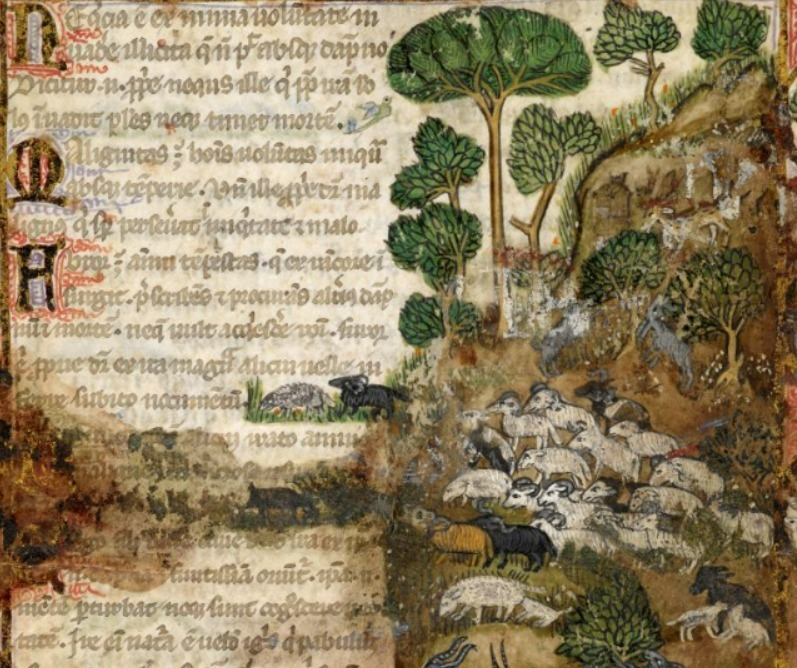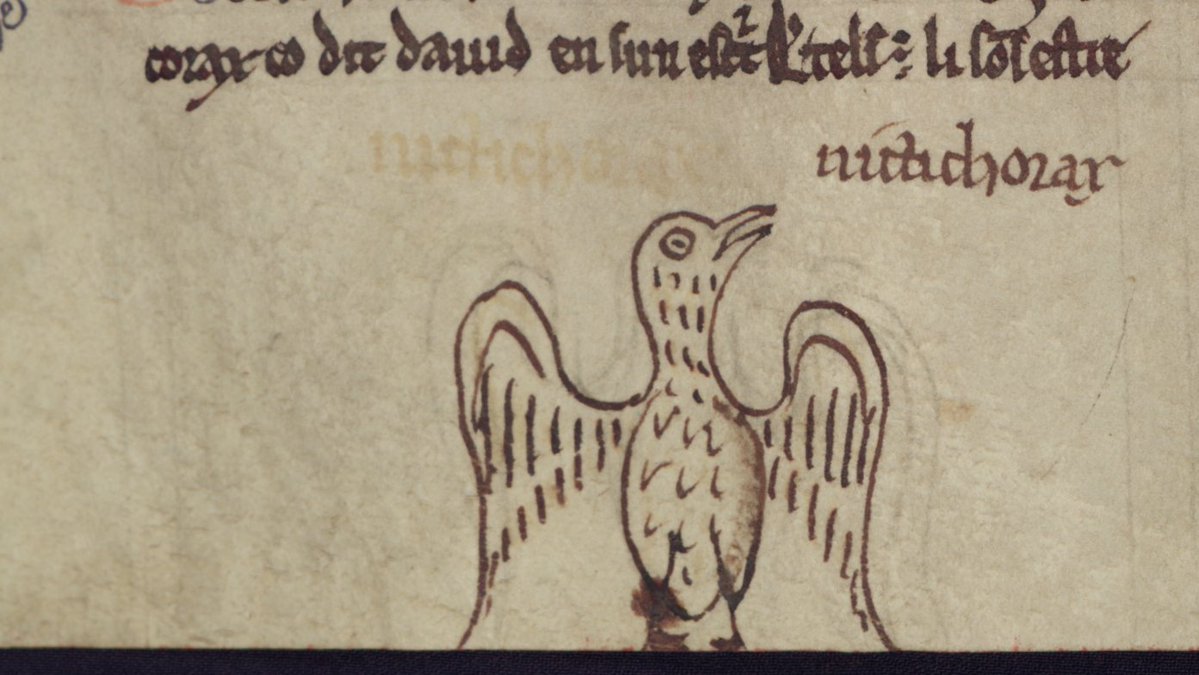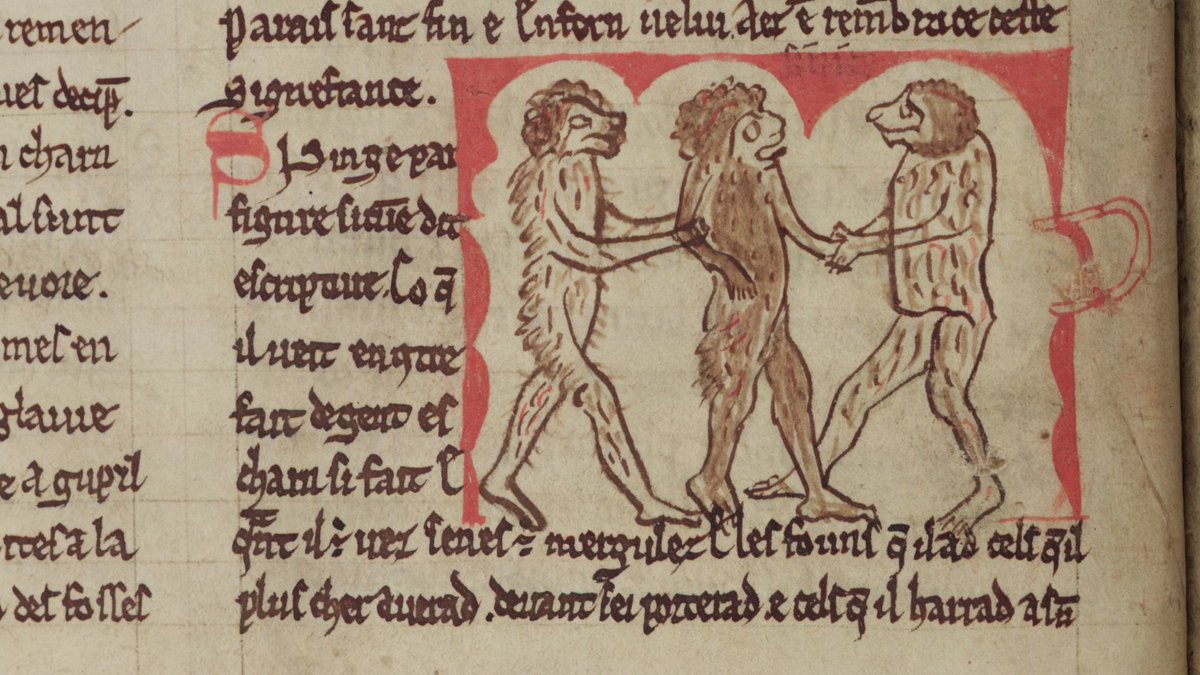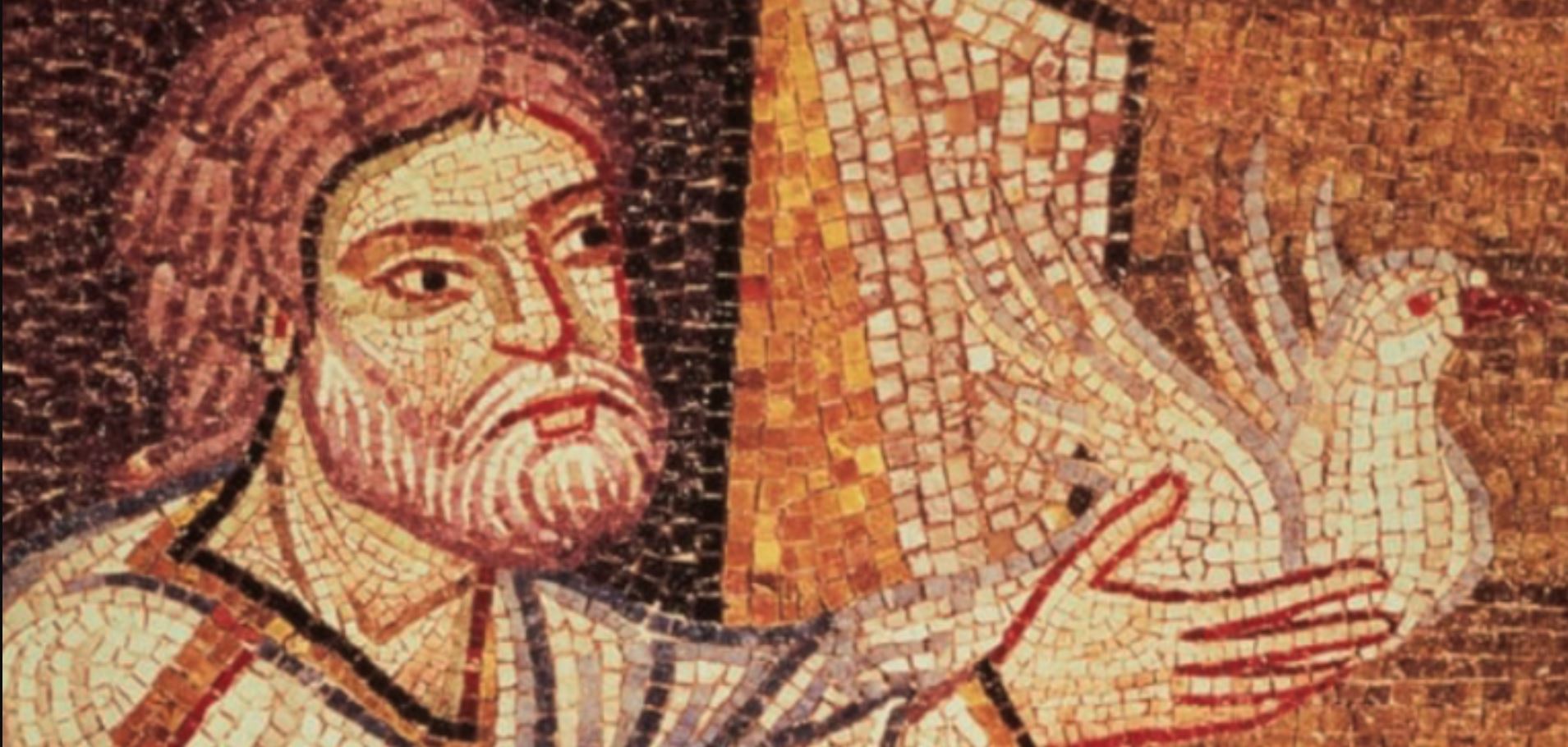A free, three day online symposium organised by Dr J.R. Mattison and Eleanor Baker, 9th-11th December 2021.
To register, please follow this link and fill in your details:
https://forms.gle/VZFr1qRuw1Xem7z47
If you have any questions, please contact
medieval.text.perceptions@gmail.com
Follow us @TextMedieval
PROGRAMME:
Thursday 9th December:
Making Material Texts
8:00am (PCT)/ 10.00am (CDT)/ 4:00pm (GMT)/ 5.00pm (CET)
Making Manuscripts in the Twenty-First Century: Filling the Gaps in Medieval Recipes
Sara Charles (Institute of English Studies, University of London)
Imagining Medieval Colours: Blue Colour Terms in Cambridge, Trinity College, MS O.9.3
Maryann Pierse (Independent Scholar)
Sheepskins and the Law in Early Modern London
Lily Freeman-Jones (Queen Mary, University of London)
*
Devotion and Material Texts
9:15am (PCT)/ 11:15am (CDT)/ 5:15pm (GMT)/ 6:15pm (CET)
Lomen to tilde wið þe heorte’: Utility and the Idea of the Book in Ancrene Wisse
Nia Moseley-Roberts (Jesus College, University of Oxford)
‘The fourtenth lefe of thys register’: Channelling Devotional Power at Syon Abbey
Julia King (University of Bergen)
William Caxton and the Creation of Fifteenth-Century English Devotional Canon
Elizabeth Perry (Texas A&M University)
*
Authors and Material Texts
10:30am (PCT)/ 12:30pm (CDT)/ 6:30pm (GMT)/ 7:30pm (CET)
Ovid’s ‘Best Line’: Medieval Responses to the Heroides
Rebecca Menmuir (Queen Mary, University of London)
Passing the Buke in Late Medieval Dream Poetry: The Case of Gavin Douglas’s Palice of Honour
Laurie Atkinson (Durham University)
The Imagery of Writing in the First Plantagenet Court
Joyce Coleman (University of Oklahoma)
Friday 10th December:
Buying, Selling, and Owning Material Texts
8:00am (PCT)/ 10.00am (CDT)/ 4:00pm (GMT)/ 5.00pm (CET)
Second-hand Books
Hannah Ryley (Balliol College, University of Oxford)
Shifting Perceptions of the Library in Late Medieval Durham
J.D. Sargan (Durham University)
Buying and Selling Books Around St Paul’s Cathedral: ‘Be Dishonest, and tell Lies’
Benjamin King-Cox (Independent Scholar)
*
Displaying Material Texts
9:15am (PCT)/ 11:15am (CDT)/ 5:15pm (GMT)/ 6:15pm (CET)
“I labour upon a Cobwebbe”: Writing on Display in Early Modern England
Grace Murray (University of York)
Taking Stock: William Caxton’s Manuscripts and the Idea of English Readership
Lindsey Jones (Texas A&M University)
The Material Forms of Lydgate’s Testament
Niall Summers (Trinity College, University of Oxford)
Saturday 11th December:
Material Texts in Flux
8:00am (PCT)/ 10.00am (CDT)/ 4:00pm (GMT)/ 5.00pm (CET)
‘Bind this to her’: The Use of Material Texts in English Childbirth, 1400-1540
Róisín Donohoe (University of Cambridge)
‘And som all ther eynke sched,/And som ther bokes rent’: Ripping, Tearing, and Splitting in the Comic Tale Jack and his Stepdame
Hannah Bower (University of Cambridge)
Chaos Under Control: Introduction to the Problematics of the Expression of Chaos in Medieval Manuscripts from England
Adrienn Orosz (Eötvös Loránd University, Budapest)
*
Imagining Material Texts
9:15am (PCT)/ 11:15am (CDT)/ 5:15pm (GMT)/ 6:15pm (CET)
The Unequal Powers of Speech and Text: English Charms, 1350-1500
Katherine Storm Hindley (Nanyang Technological University, Singapore)
Material Evidence, Immaterial Intentions
Daniel Wakelin (University of Oxford)
Imagining the Forbidden Reader
Alexandra Da Costa (University of Cambridge)











